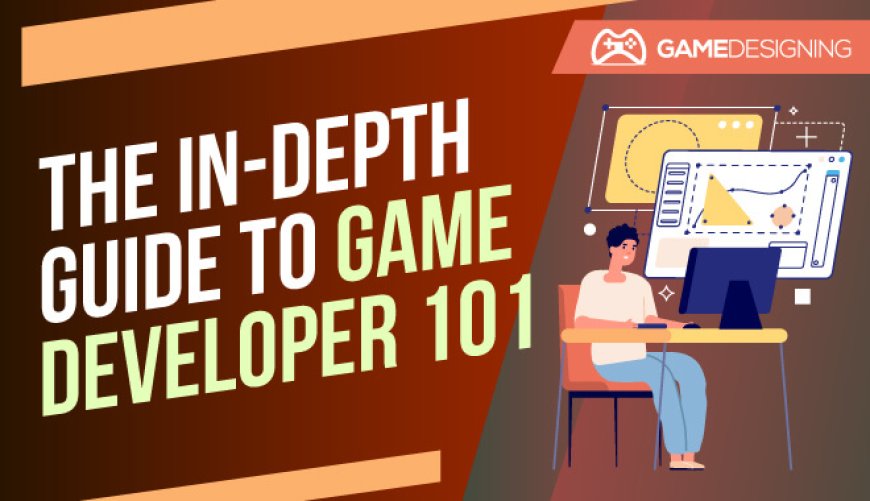Aspiring to Be a Video Game Developer: An In-Depth Guide
For many, the dream of becoming a video game developer stems from a deep love for video games or a desire to push their skills in writing, programming, or art into new creative realms. Working in game development is both challenging and rewarding, but navigating the field's complexity and the myriad roles within it can be daunting. This guide aims to demystify the process and offer insights into joining the vibrant community of developers bringing imagination to life.

Understanding Game Development
The creation of any game, regardless of type or platform, revolves around four fundamental aspects: design, content creation/sourcing, programming, and testing. The larger and more complex the game, the more work each area requires. Most developers focus on one aspect, though some ambitious individuals may tackle multiple areas, especially in smaller projects.
The Design Phase
Every game starts as a collection of ideas that evolve through extensive design steps. Developers begin to visualize their concepts, merging early content creation with the design phase. This involves everything from character sketches to detailed concept art. As development progresses, gameplay mechanics, world rules, and other elements are meticulously planned and documented. This culmination of ideas is often compiled into a Game Design Document (GDD), which can be used to pitch to publishers or investors.
Content Creation
Whether a game uses 2D pixel graphics or modern 3D rendering, every on-screen element must be created. This phase involves producing the visual and aural components of the game, though sound is typically implemented later in the cycle. Contrary to some beliefs, not all assets need to be finalized before programming begins; many successful games have been developed using stock assets or placeholders.
Programming
The bulk of programming addresses the countless "what if" scenarios that may occur within the game. This phase can be simplified using third-party software packages like Unreal Engine, Unity, or Godot. Testing usually starts alongside programming, initially focusing on basic routines and gradually moving to more cohesive versions of the game, such as the alpha release.
Also Check SAMSUNG LAUNCHES ONE UI 6.0 UPDATE FOR THE GALAXY S22 SERIES
Roles Within Game Development
Game Design
The scale of design can vary significantly from small indie projects to large-scale games with dozens of people involved in design and concept art alone. The design process sets the foundation for the entire game and can span the entire length of the development process.
Content Creation for Games
Creating assets for a game is a highly accessible role in the industry, but it's also highly competitive. The skills required are similar to those in other creative fields, meaning individuals with experience in areas like 3D modeling or texture creation may transition smoothly into game asset creation.
Programming in Game Development
Every game requires programmers to bring the designs and content to life. The complexity and size of the game will dictate the number of programmers needed. Some games are coded by a single individual, while others require teams dedicated to different aspects of the game's programming.
Quality Assurance and Testing
This crucial role ensures that games function as intended and provide a smooth user experience. Testers come from various backgrounds, and while formal education in game design or digital art can be beneficial, it's not always necessary.
The Path of the Solo Developer
Becoming a solo game developer is a viable path for those who prefer complete creative control. This approach allows for complete freedom in decision-making and the satisfaction of personal accomplishment. However, it also means handling all aspects of development, which can be a significant undertaking.
Conclusion: Embarking on Your Game Development Journey
Becoming a video game developer is a journey of continuous learning and creativity. Whether you're aiming to join a large development team or set out on your own as a solo developer, understanding the different roles and phases of game development is crucial. With dedication, passion, and a willingness to learn, you can join the ranks of those turning imaginative worlds into virtual realities.


































